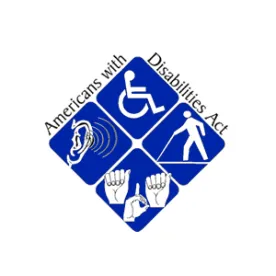The Tenth Circuit recently held that a disabled employee was not required to show that she suffered a separate adverse employment action to establish a failure to accommodate claim under the American’s with Disabilities Act (ADA). Exby-Stolley v. Board of County Commissioners. Plaintiff alleged that the employer failed to accommodate her physical limitations, which stemmed from a workplace injury and which compelled her to resign. In the District Court’s post-trial instructions to the jury, the Court stated that Plaintiff must prove “[t]hat Plaintiff was discharged from employment or suffered another adverse employment action by Defendant . . .” The Circuit Court noted that the incorporation of this requirement was at odds with the Tenth Circuit precedent, the views of the Equal Employment Opportunity Commission, and decisions from other Circuit courts. The Tenth Circuit was reluctant to create a circuit split and held that the lower court erred in inserting the requirement of an adverse-employment action into the jury instructions. The Court distinguished a failure to accommodate claim from a disparate treatment claim. According to the Court, it would be illogical to require a plaintiff to show that the employer acted adversely (or took an adverse action) toward the employee in a failure to accommodate claim, where the crux of the claim is that the employer failed to act. Although the ADA’s language requires that the discrimination “affect employment or alter the conditions of the workplace,” the Court held that in failure to accommodate actions the statute does not require a specific adverse action, nor does it mean that there is no discrimination in the absence of a “significant change in employment status.”
The reasonable accommodation process is one that is always analyzed on a case-by-case basis, based on the particular employee’s job duties and medical information. Thus, when employers are faced with accommodation requests, it is recommended that counsel be included in the conversation because no two circumstances are exactly alike.



 />i
/>i

